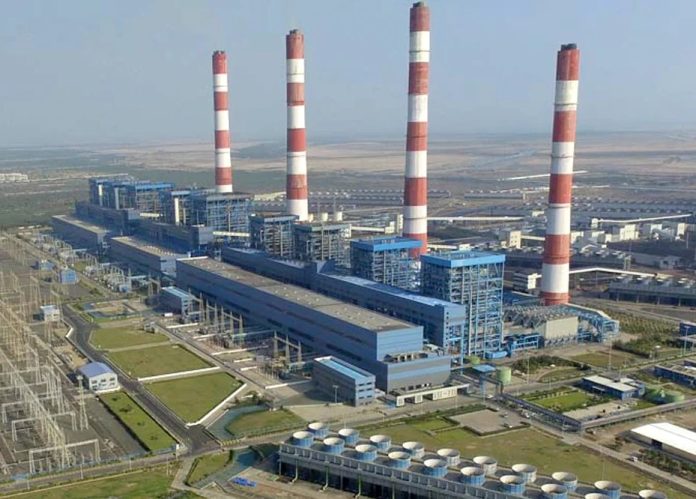The Bangladesh Power Development Board (BPDB) may allow Adani Power to sell electricity from its Jharkhand plant to the Indian local market during the winter season, subject to a review of the disputed coal tariff.
“We have already proposed to Adani Power that it may sell a portion of its electricity to the Indian market if the company agrees to review the disputed coal tariff,” BPDB Chairman Engr. Md. Rezaul Karim told Just Energy News.
He added that the government has recently cleared outstanding bills amounting to $447 million last month.
“However, Adani has yet to respond to BPDB’s proposal regarding the coal tariff review,” he said.
Adani Power, in response to the recent payments, has waived $20 million in late payment surcharges.
The BPDB signed a Power Purchase Agreement (PPA) with Adani Power for the supply of dedicated electricity to Bangladesh. Recently, Adani installed a local transmission line to utilise its unused power during the winter season. However, supplying electricity to the Indian market through this dedicated line would require prior approval from BPDB.
In 2024, Bangladesh’s winter electricity demand dropped to as low as 6,771 MW, while maximum available supply reached 16,477 MW—leaving significant surplus capacity.
Coal Tariff Dispute Still Unresolved
Despite financial settlements up to March 2025, a key dispute between BPDB and Adani over the coal tariff remains unresolved. The disagreement centers on the per-unit cost of electricity generated at Adani’s 1,496 MW Jharkhand plant.
During a recent virtual meeting, BPDB officials proposed aligning Adani’s coal pricing formula with that used for the 1,320 MW Payra power plant. However, Adani rejected the proposal, citing fixed terms under the existing PPA.
Adani Seeks Capacity Revision
In the same meeting, Adani requested a revision of the plant’s dependable capacity, following a performance test conducted in April 2025. The company claims the dependable capacity has increased from 1,396 MW to 1,570 MW.
BPDB officials responded that any revision would require a supplementary agreement. They also indicated that resolving the coal tariff issue may help address the question of capacity revision.
BPDB Chairman Engr. Md. Rezaul Karim confirmed that the coal tariff revision is interconnected with other unresolved issues.

